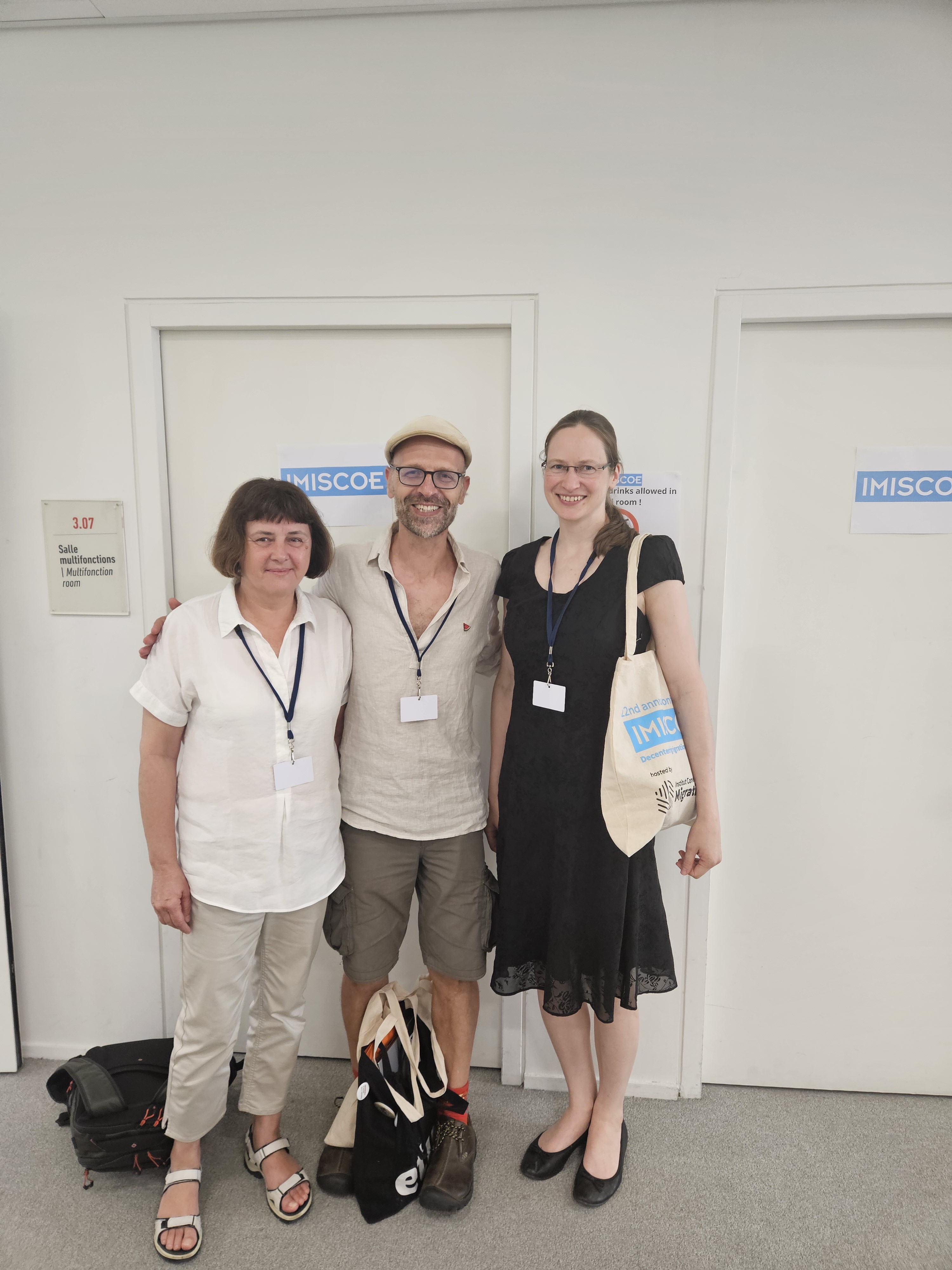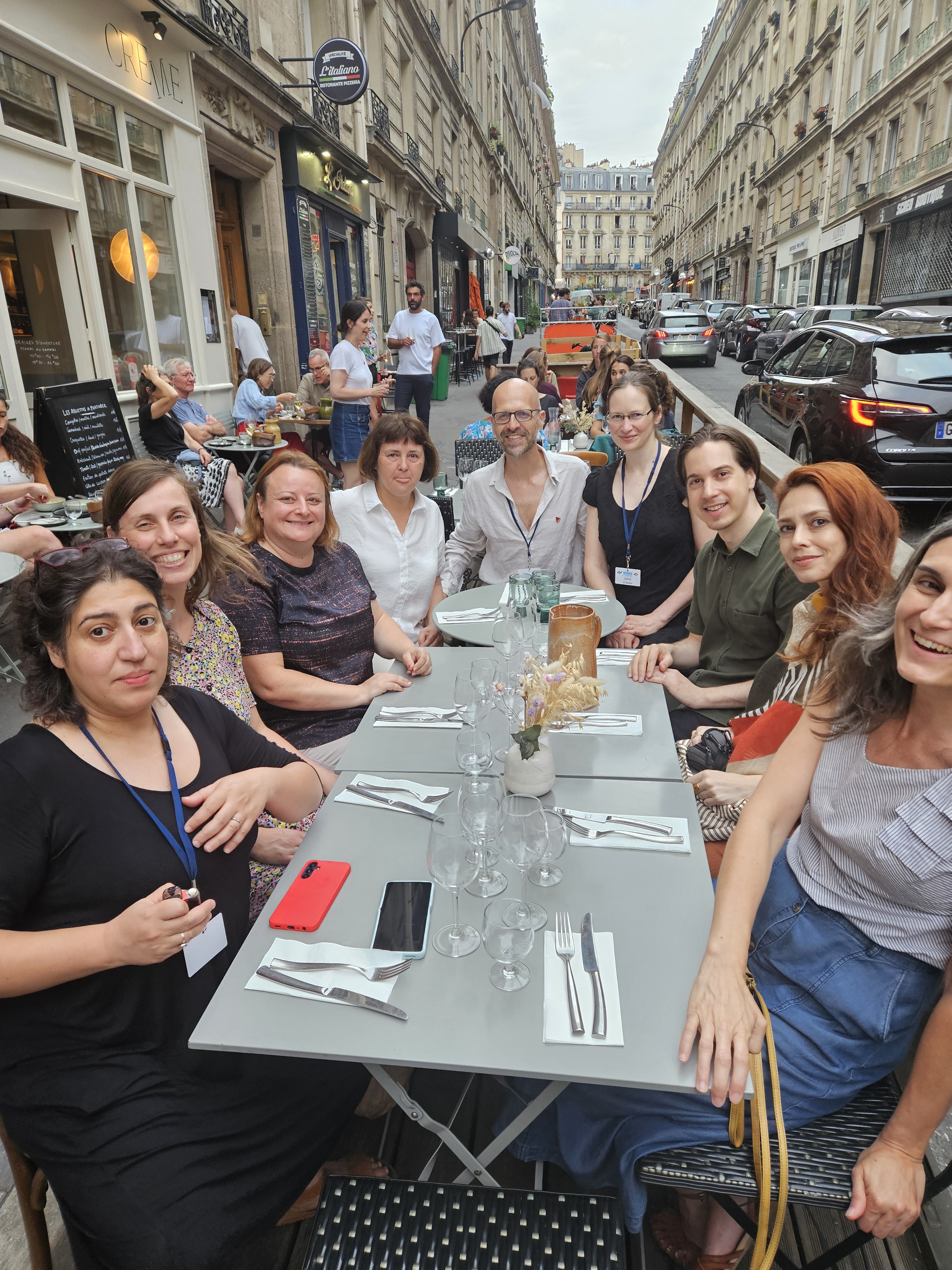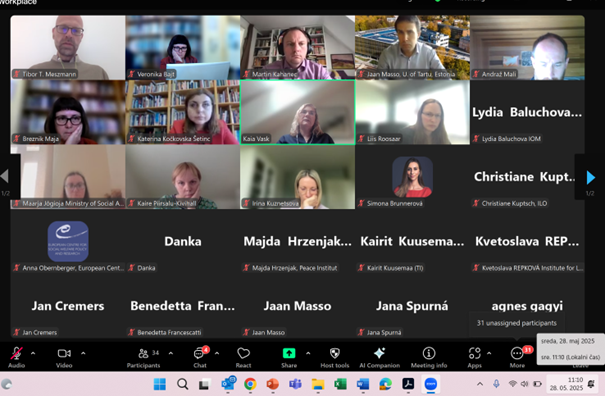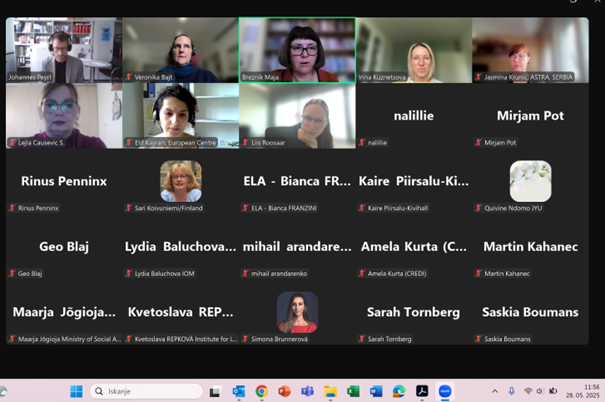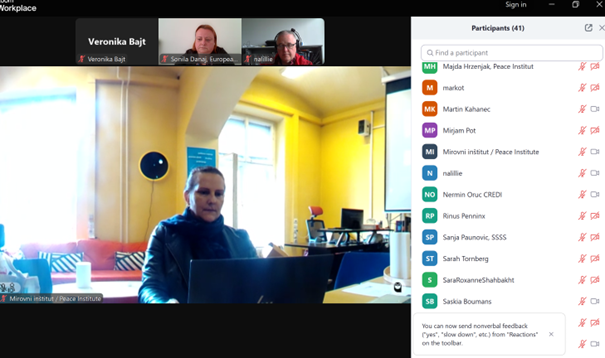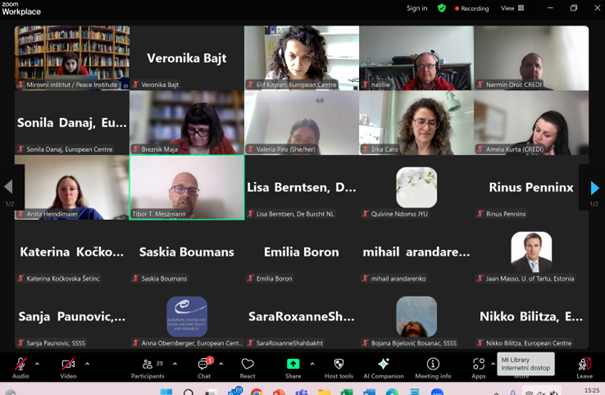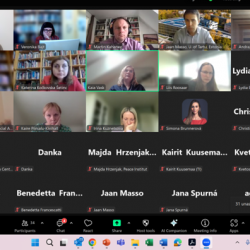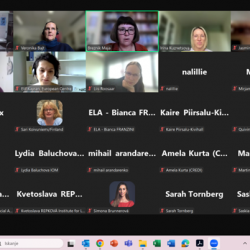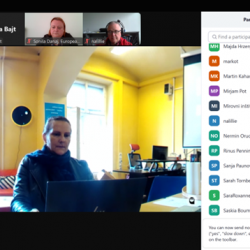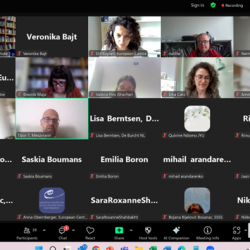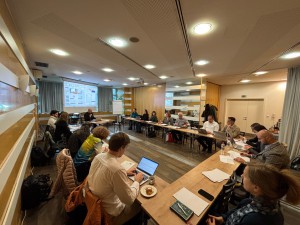Slovenia in global migration flows
16. 7. 2025 | Politics
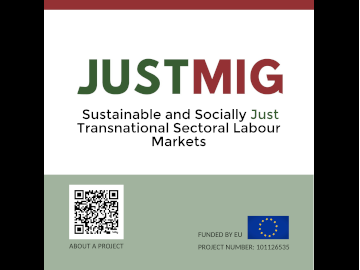
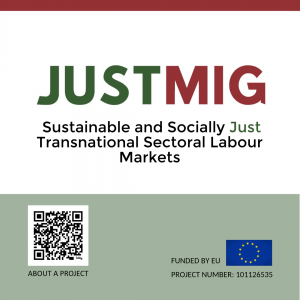 At the 22nd annual IMISCOE conference, held on 2 July 2025 in Aubervilliers, Paris, Dr. Maja Breznik presented some findings of the international JUSTMIG project. The research highlights Slovenia’s role in European and global migration flows, where it is increasingly establishing itself as an important labour intermediary. It also highlights less visible but worrying aspects: growing dependence on migrant labour, the rise of the intermediary industry, and the emergence of practices that researchers define as “unfree wage labour” (Miles 1987; Breznik 2023).
At the 22nd annual IMISCOE conference, held on 2 July 2025 in Aubervilliers, Paris, Dr. Maja Breznik presented some findings of the international JUSTMIG project. The research highlights Slovenia’s role in European and global migration flows, where it is increasingly establishing itself as an important labour intermediary. It also highlights less visible but worrying aspects: growing dependence on migrant labour, the rise of the intermediary industry, and the emergence of practices that researchers define as “unfree wage labour” (Miles 1987; Breznik 2023).
In the last decade, Slovenia’s economic growth has been largely based on migrant labour. The study points out that this is not only a consequence of domestic demand for workers, but also a result of Slovenia’s systemic role in the broader European migration scheme. Slovenia has the highest number of posted workers per capita in the EU, which means that many foreign workers obtain work permits in Slovenia but never actually work or reside in the country – instead, they are posted to other EU member states. This phenomenon creates an environment for so-called onsite relocation – the employment of cheaper (migrant) labour, without the physical relocation of companies to low-cost countries. This reinforces the trend of unfree wage labour in Europe, which characterises workers with low bargaining power and limited rights. These workers often work in poor conditions, with no real choice. The growth of this phenomenon is linked to the migration industry – a network of agencies, intermediaries, outsourcing practices and administrative procedures that facilitate (and often encourage) such migration.
Slovenia has developed from a country seeking labour into an important link in the wider migration infrastructure. Although this benefits companies economically, researchers warn that the system creates working conditions that increase the vulnerability of workers. They call for a more balanced policy that respects human rights and limits exploitative practices.

The research was conducted as part of the JUSTMIG project (project number 101126535), which involves six EU Member States and three candidate countries. It focuses on temporary migration, temporary employment and structural changes in the labour force, with an emphasis on industry and the service sector. The project is funded by the European Union.

